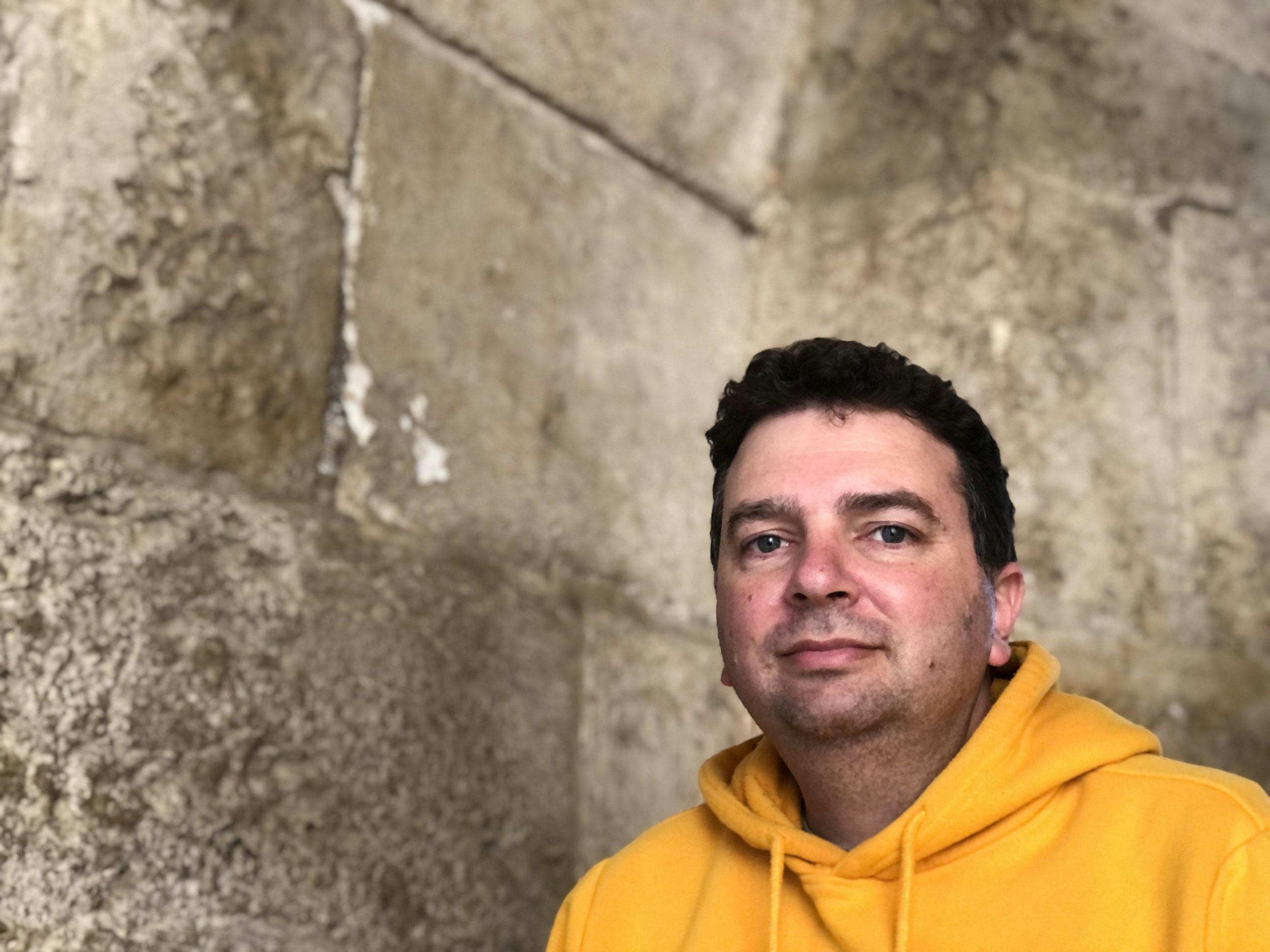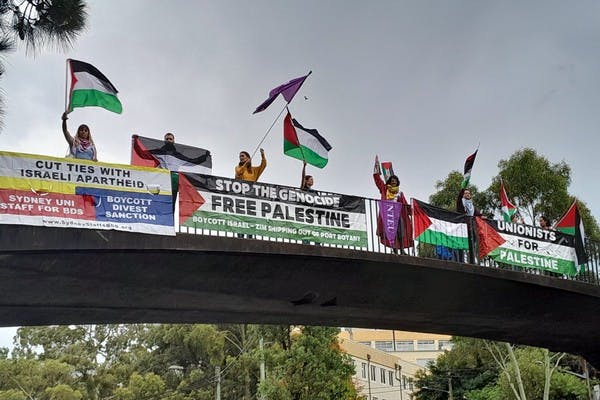Published: 14 March 2024
Last updated: 21 March 2024
Efforts for Ramadan to mark an end to hostilities were in vain, but fears that the holy month would be an instant powder keg in Jerusalem and Gaza have not materialised – so far.
In the lead-up to the Muslim holy month of Ramadan, everyone talked about it as a deadline.
US President Joe Biden said Israel and Hamas were on the verge of a ceasefire deal. War Cabinet member Benny Gantz said a ground invasion of Rafah would begin in Ramadan if hostages were not released. Israeli right-wing extremist Itamar Ben-Gvir called on Prime Minister Benjamin Netanyahu to bar Muslims from Al Aksa/Temple Mount to prevent “Hamas victory celebrations”. Analysts detected carrots and sticks which provided time-limited incentives for change by Ramadan. Qatar Prime Minister Sheikh Mohammed bin Abdulrahman bin Jassim Al Thani warned it would be a “very, very dangerous time” in the region.
Ramadan began on Sunday night and, so far, none of these predictions has come to pass. There has been no ceasefire deal, no hostage release, and no ground invasion of Gaza. But there has also been no explosion of violence.
Even Netanyahu back-pedalled on his initial agreement with Ben-Gvir and decided Israel would not reduce the number of worshippers allowed to pray at Al-Aksa during Ramadan.
The most striking aspect of Ramadan 2024 is the quiet. In Jerusalem, the usual bustle, coloured lights, lanterns and decorations are absent.
For Muslims around the world, Ramadan is "the most important month for us," shopkeeper Jamil Halwani told NBC. But this year, he said, the usual "joy of Ramadan," a time of fasting, prayer, service, introspection and gathering, was absent.
“We want to decorate,” but "what we see in Gaza — it will not allow us," said Halwani.
"This is the only thing we can do for Gaza, as Jerusalemites, is not to decorate."
Thousands of police officers have been deployed throughout Jerusalem and the mixed cities to guard against disturbances. The main fear is of lone wolf terror attacks during Ramadan, like the recent attack near Ma'ale Adumim and others. Police have identified a significant spike in incitement on social media and attempts by Hamas to instigate terror attacks in Jerusalem.
The second main concern is about clashes on the Temple Mount, with the question of whether the police will raid the compound, which could spark a regional escalation, hovering in the back.
"We won't go in over every Palestinian flag or picture of Sinwar," says a police official. "The goal is to allow freedom of worship. Hundreds of thousands want to come to the Temple Mount, it's legitimate."
There are fears groups of religious Jews praying attempting to pray on Temple Mount will stir up problems.
“In the past, anyone who so much as mumbled some verses [on Temple Mount] found themselves detained in the Old City police station. Nowadays, people openly seek a minyan,” writes Haaretz journalist Josh Breiner.
Ben-Gvir is keen to see a major clash, which is why he first tried to ban entry to Israeli Arabs, a top security official told Breiner.
For the past 10 years, some peacebuilders have used Ramadan to give Israeli Jews and Muslims a chance to get to know each other. Jews would visit Arab communities as part of the "Ramadan Nights" project, enjoy some local cuisine and get acquainted with the culture of Muslim Arab Israelis, who make up nearly 20 percent of the country's population.
This year, for the first time since the program was founded a decade ago, "Ramadan Nights" has been cancelled throughout the country. The feeling is that, during the war in Gaza, the tension is too great; Ramadan this year is different from all others. The religious customs will be observed, but the chance to continue the harmony been Muslim and Jewish Israelis has been lost.
In Gaza, people are celebrating Ramadan in the shadow of war. “Ramadan has begun, but the two million or so inhabitants of the Gaza Strip will have little choice about whether they can observe the customary daylight fasting during the month-long festival.
“The continuing blockade of the 365-square kilometre enclave has reportedly reduced some people to eating cattle feed, and there remains the dire prospect of widespread famine if there isn’t a massive and rapid increase in the volume of aid getting to people,” writes Carlo Aldrovandi, Assistant Professor in International Peace Studies, Trinity College Dublin.
A sea corridor has been opened between Cyprus and Gaza and the first shipments of aid are arriving from Europe. But questions over how to get sufficient aid to Gaza remain, and Hamas’s infiltration of UNRWA means many countries won’t deal the aid organisation best placed to help.
READ MORE
In Jerusalem's Old City, war casts a shadow over the start of Ramadan (NBC)
Tensions Run High on the Temple Mount During First Week of Ramadan (Haaretz)
Every Ramadan, Israeli Jews and Palestinian unite for this event. Not this time around (Haaretz)
See how civilians in Gaza are celebrating Ramadan in the shadow of war (CNN)
Ramadan brings fresh fears of escalation on both Gaza Strip and West Bank (The Conversation)





Comments
No comments on this article yet. Be the first to add your thoughts.